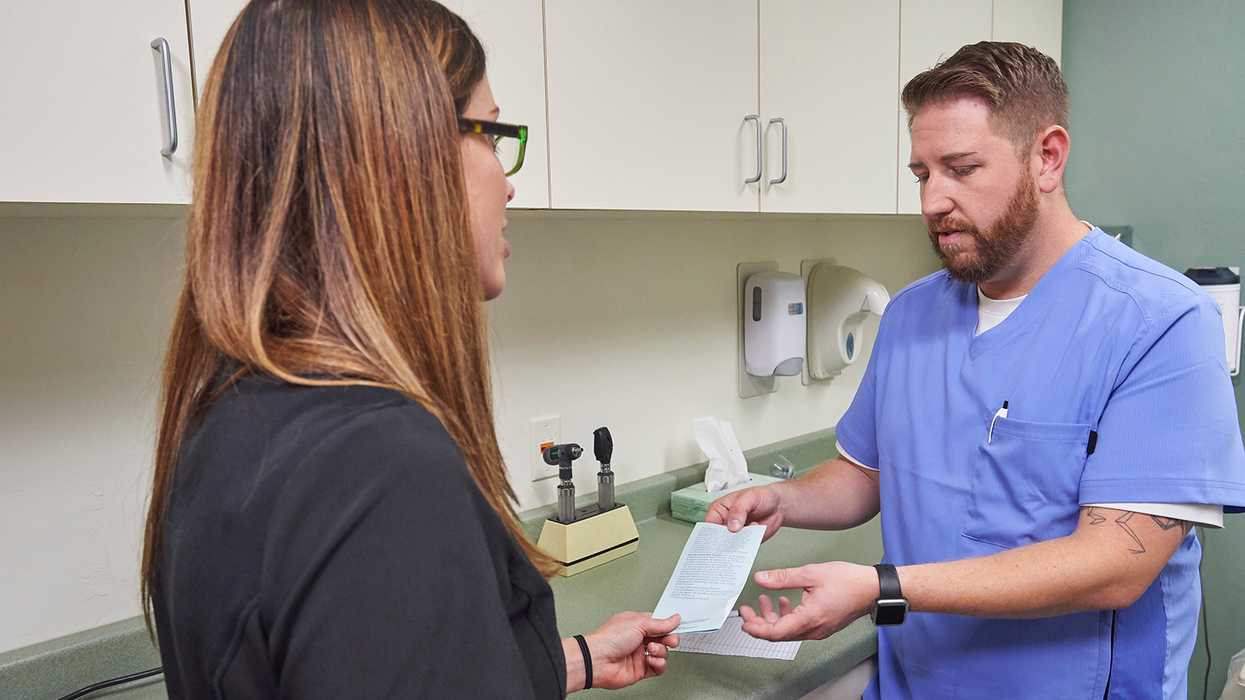FMLA certifications in the cross hairs: The doctor shortage
A current physician shortage is already limiting access to care for millions of people across the country, according to the American Medical Association. By 2034, the demand for primary and specialty care physicians will exceed supply by a range of 37,800 to 124,000 physicians, based on data from the Association of American Medical Colleges.
What’s that got to do with employers that must administer leave under the federal Family and Medical Leave Act (FMLA)? Quite a bit, actually.
FMLA certifications
Under the FMLA, employers may ask for a certification supporting the need for leave. When that leave is for a medical reason, health care providers generally complete much of the certification.
Employees have 15 days — absent extenuating circumstances — to get a certification back to employers. The doctor shortage, however, could slow down that process. Employers should not be surprised if more employees are not meeting that 15-day window because they can’t get appointments with health care providers.
Employees must put forth a good-faith effort to get certifications completed and returned. Employers that administer FMLA leave might think that the employees could get an earlier appointment with another health care provider. Given the shortage, that might be difficult.
Be flexible
When extenuating circumstances cause a delay in getting the certification, employers must be flexible. First, they should talk to the employee to identify the reason for the delay. Then, together, employee and employer should work to figure out a plan.
If, for example, an employee is unable to get an appointment with a specialist for two months, the employer might have to wait for a certification. Employers would need to tentatively apply the FMLA protections to any leave taken during that time.
Once a certification is received, employers would figure out if the employee took any time off that was not FMLA-protected.
If, on the other hand, an employee simply forgot to ask the health care provider to complete the certification, or didn’t check up on its status, employers may delay the FMLA protections once the 15-day window closes and until a certification is provided.
Other sources
Employers may also use other sources of information to determine if absences are to be counted as FMLA leave. Those sources could include applications for short-term disability benefits or a workers’ compensation claim (if the condition is work related). Employers, too, could forego requesting a certification altogether and simply accept an employee’s word or written statement requesting leave. Such a decision should be documented, including the reason behind it.
Key to remember: A doctor shortage may result in employees not being able to return a requested FMLA certification within the 15-day deadline. Employers need to be flexible in most cases.





















































